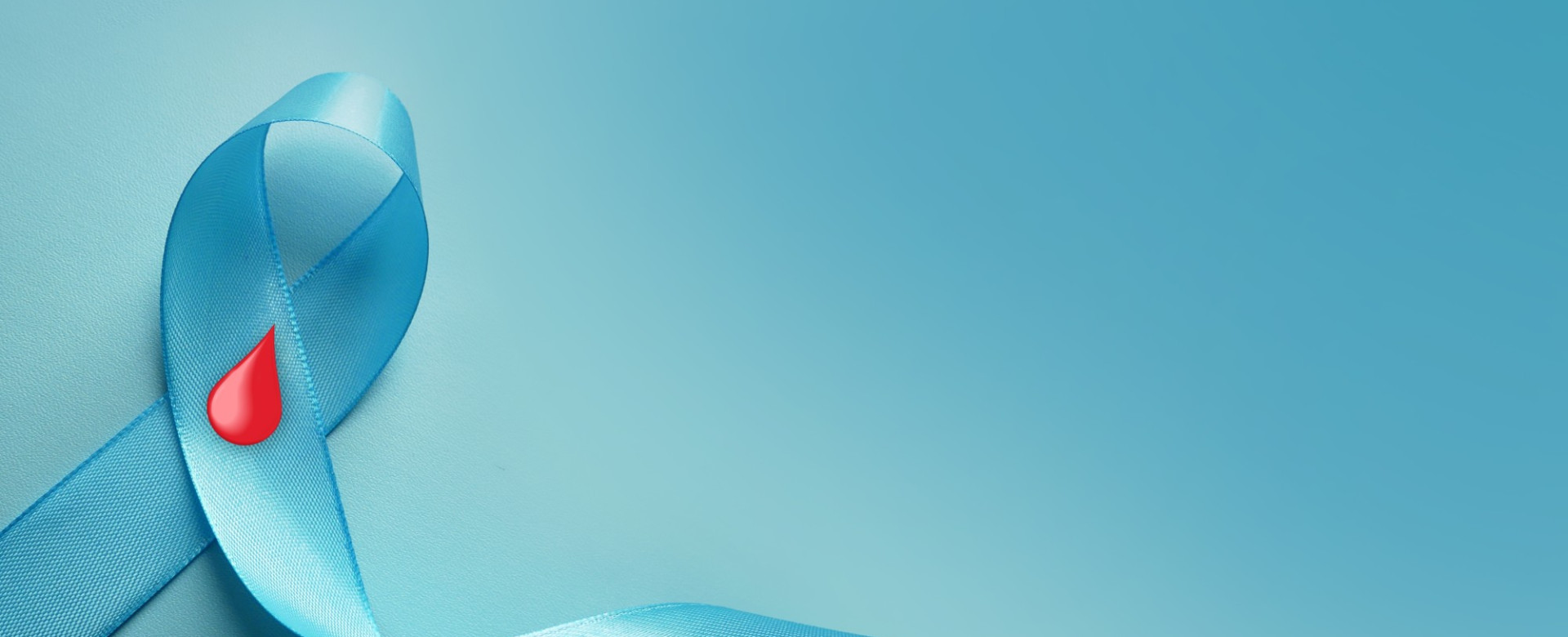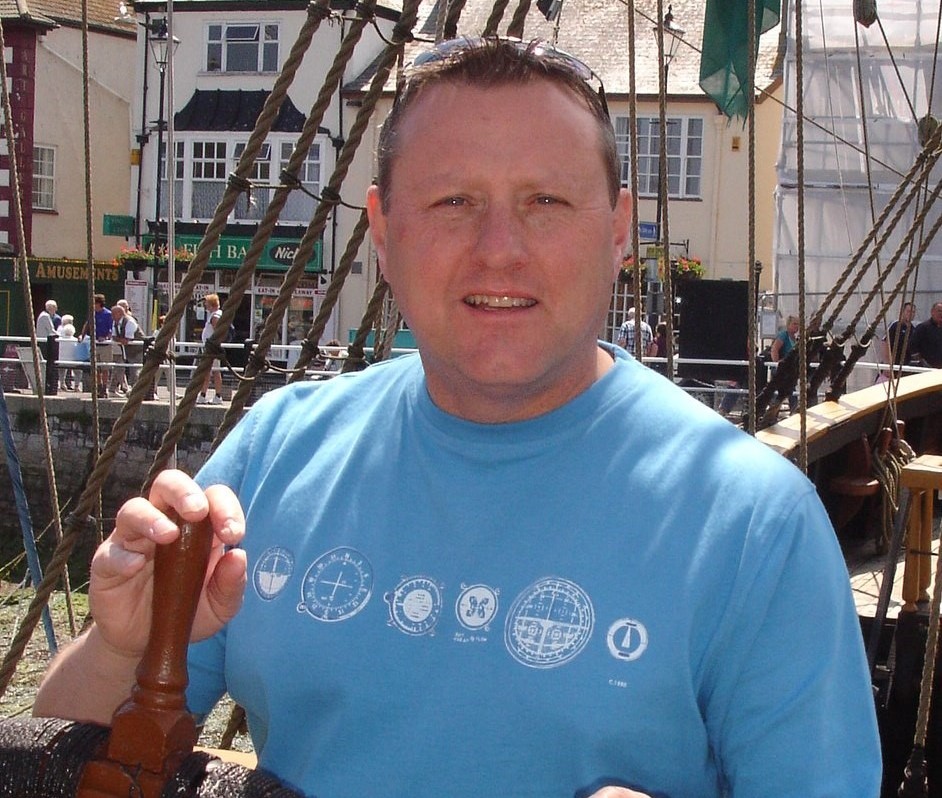

November is National Diabetes Awareness Month and today also marks World Diabetes Day, a chance to raise awareness of diabetes; it’s signs and symptoms, and what it’s like to live with the diagnosis.
We sat down with some of our team, who have been diagnosed with diabetes, to talk about how it affects them, and why diabetes awareness is so important. Ian Storr, Evie Andrews and Rob Pogson are passionate about sharing their story to help anyone else who may be experiencing similar.

I was first diagnosed with Type 2 Diabetes (later to be discovered to be Type 1) in 2004, after suffering from a variety of symptoms including rapid weight loss, excessive thirst and a general lack of energy.
As a result, I’ve had to make some changes to my diet; this includes avoiding any foods that send blood sugar high, especially anything that increases blood sugar very rapidly. I also count carbs to ensure I’m calculating the right insulin dosage, as well as avoiding sugary snacks whenever I can.
Other changes to my lifestyle include:
Being careful with exercise to ensure blood sugar levels don’t drop too low
Monitoring blood sugar levels
Regularly monitoring blood pressure, as well as regular eye tests and medical reviews
Always having a medical bag, in case of needing to treat high/low blood sugar
Making others aware of my condition and what to do in certain situations, including first aiders in the workplace.
Diabetes is an intense condition which requires your attention to keep under control, but I’d like to reassure anyone who may have been recently diagnosed, that it IS MANAGEABLE; it doesn’t have to restrict everything in your life.
I know some diabetics that still do 10k runs and play sports like squash and football and are able to manage their conditions to continue with this. If you’re prescribed with insulin, it may be scary at first to think about self-injecting – but it very quickly becomes second nature.
Inevitably there are downsides, and I struggle to find anything about having diabetes that has had a positive effect on me personally.
I was actually wrongly diagnosed initially, as my primary care medical team thought I was Type 2 Diabetic. It wasn’t until I was referred to a secondary care consultant, after several years of failing to control the disease, that I learned I was actually Type 1.
The treatment plans, and ultimately the overall management of Type 1 Diabetes is significantly different to Type 2.

I found out I was Type 1 Diabetic when I was 13. Towards the end of 2016, I was really unwell with a chest infection. After the initial illness, I went about life as normal but a few months after my chest infection had cleared up, I started losing weight massively. I went from a size 12 / 14 to a size 4 in about two months.
This is when we realised something wasn’t right. I went to the doctors, and they didn’t have an immediate answer, so I did some blood tests and went on with my day. A couple of days later my mum got a phone call from the doctor telling me I needed to go to the hospital urgently as my blood sugar levels were at 29 mmol/L, which for my age, at the time, was quite serious. I was only in hospital for six days and then had to carry on with life with diabetes as my new ‘normal’.
Fast forward two years, at 15, I wasn’t dealing with it very well (as its self-managed, you need to be on top of all the steps 24/7). I had to call an ambulance as I couldn’t breathe, couldn’t stand, couldn’t keep anything down. This turned out to be a Diabetic Ketoacidosis (when the blood is too acidic and unable to flow through the body properly). I was in and out of consciousness the day I arrived in A&E; the A&E staff told my parents that I was around five hours away from dying, which is a very scary thing to hear.
The only fortunate thing about being diagnosed with diabetes so young is that I had a lot of support afterwards. I had check-ups every three months and was constantly given the newest equipment. Now, at 20, I feel this support helped me to adapt and deal with the diagnosis better.
For me, when my blood sugar levels are high, my symptoms include sweating, incredible thirst, loss of energy, headaches, my mind going blank and feeling very tired. Similarly, when my blood sugar levels are low, my symptoms are sweating (though feeling frozen at the same time), a feeling almost like an adrenalin rush throughout my body, loss of energy, my mind going blank, and feeling very tired.
It’s only recently, since working at Inzpire, that talking about my diagnosis has not made me feel emotional. Previously I couldn’t talk about it at all without getting worked up. Speaking to people here - people with and without diabetes - has really helped me to deal with it and talking about it now feels less overwhelming.
To anyone struggling with their diagnosis, I would say that as much as it does feel like Type 1 Diabetes can hold you back, while you must maintain your blood sugar levels, try not to let it stop you from doing the activities or eating the food that you enjoy.

I was diagnosed with Type 1 Diabetes in January 2020, after what I can only describe as the worst illness I have ever had.
Turns out, it was my immune system attacking me, specifically a group of cells within my pancreas that produce insulin (Beta cells).
A few days later I was right as rain, however over the course of the next few weeks my eyesight became increasingly blurry.
I had worked in the defence air maintenance environment, so assumed I had irritated them at work. Fast forward another week or two and I could hardly see people’s faces just feet away from me; I was match-stick thin and just felt off.
I went to the medical centre, a day later I was told to report directly to the MEIU unit at Lincoln Hospital with levels of 41 Mmol.
Type 1 affects everything I do. They estimate that 42 factors, external and internal to the body, affect blood glucose levels. This means I have the 24 -hour, 7-day-a-week, full-time, unpaid job of doing what my organ can no longer do.
The short and sweet of it is to stop my blood sugar rising to acidic levels that could be fatal.
If I over correct this high-glucose level by manually dosing a synthetic insulin, I can put myself into Hypoglycaemia.
There are currently NO cures for Type 1 diabetes.
Signs to look out for in those with diabetes and if you think you are having issues (these are my experienced reactions; it changes for everyone).
High blood sugar means my eyes itch, headaches, temperature, increased blood pressure and heart rate, bad mood and short blunt answers.
Low blood sugar levels: butterflies in my lower back and limbs, numbness, sweating, drunk “spaced out” behaviour.
My advice to anyone recently diagnosed is reach out to someone else who has diabetes and speak about it. There is so much to learn in a short space of time. It can get overwhelming but speaking to others shares the trauma and reduces the stress.
There are plenty of self-help resources out there, some you pay to subscribe to, but others are free and can be very helpful. Whatever you do, don’t suffer alone. Let your family and friends know, you’ll be surprised how many other people there are who have it and want to share experiences.
Remember, every person is different, every day with diabetes is different, just try to remain positive and ensure you have a good medical team on your side. Here’s what I use:
